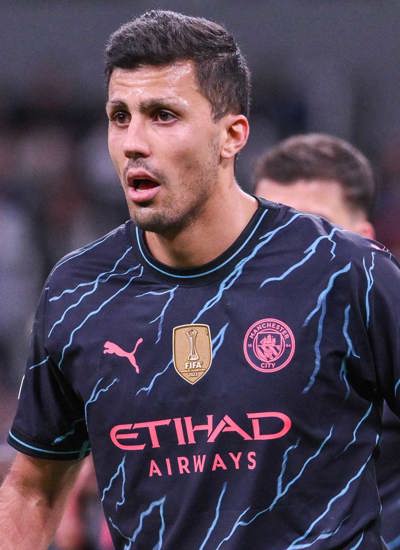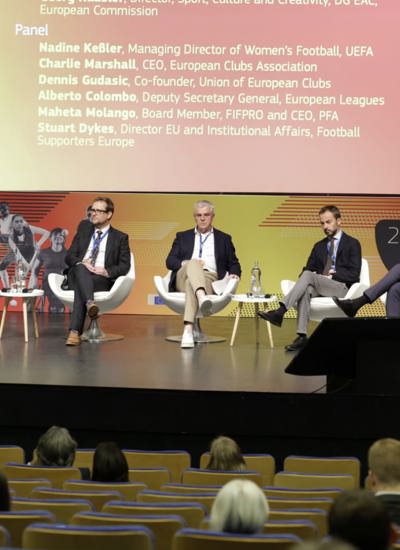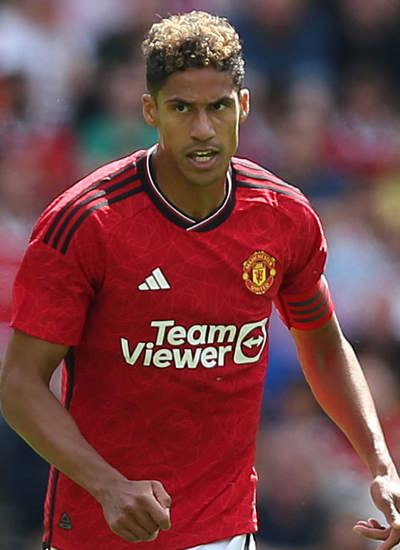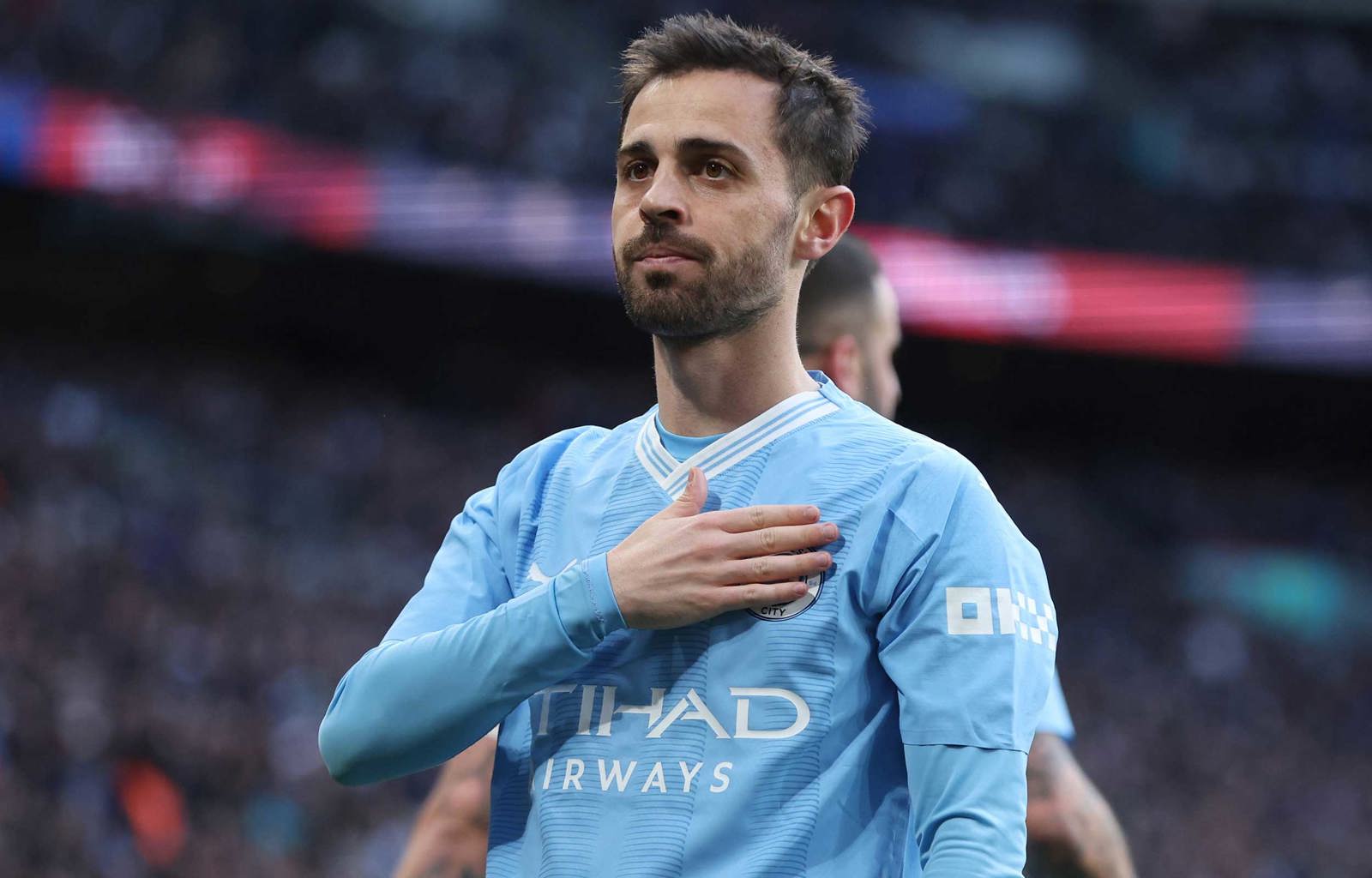
- Bernardo Silva and Manchester City team-mates competed in an FA Cup semi-final just three days after playing 120 minutes in their Champions League quarter-final against Real Madrid
- Arsenal manager Mikel Arteta also spoke out after his side's Premier League fixture at Wolverhampton Wanderers took place just three days after their Champions League quarter-final in Munich
- Player associations in Europe have suggested taking legal action to protect players on this issue
Manchester City midfielder Bernardo Silva has become the latest footballer to speak out against the dangerous workload of elite-level players.
Silva produced the winner for City in their FA Cup final semi-final against Chelsea – just three days after playing 120 minutes in the UEFA Champions League quarter-final against Real Madrid.
FIFPRO and medical science recommends at least five days of rest and recovery time between two appearances to minimise injury risk and allow for a full recovery.
Speaking to the media after City’s win against Chelsea, Silva said: "We didn't play on a level field because the FA didn't give us a chance to recover. Which in my opinion is not reasonable at all.
"I'm just saying because we won. If we didn't win, I wouldn't say because I don't like to find excuses. But today I don't think it's acceptable we have to play.
"It's too much. Today was too much. We played 120 minutes less than three days ago. There's no excuse for the game to not be tomorrow [Sunday]. It's not acceptable. For all of us as a team that's how we feel."
City manager Pep Guardiola echoed Silva, saying it was "unacceptable" that his side had to play so soon after their Champions League quarter-final.
Mikel Arteta also highlighted the need to “protect the players” after his Arsenal side played a Premier League game at Wolverhampton Wanderers only three days after their away leg Champions League quarter-final against Bayern.
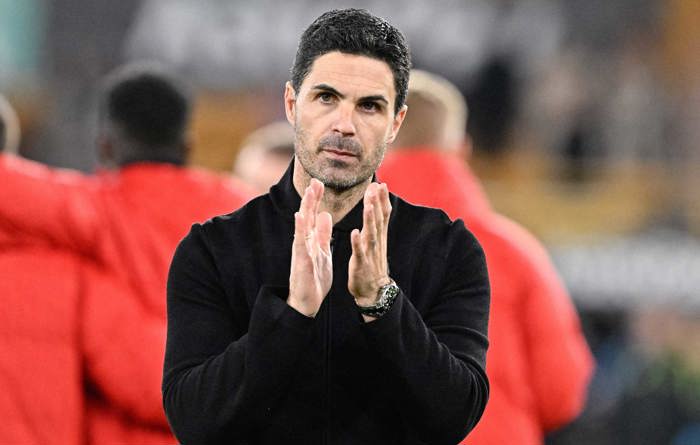
"It’s not about us, Pep or myself, it’s about the well-being of the players," said Arteta. "When you compete in European competition every team has to compete in the same way.
"You cannot have a team that hasn’t played for seven days, or three days before and has more recovery time, and then you have to play in the Premier League and the FA Cup. It is not right.
"If you want to protect, let’s talk about the players and the protagonists. Let’s protect the players and do everything we can to give them the maximum time to help them recover and perform and do the show that they do every week."
Extreme Calendar Congestion: Adverse Effects on Player Health & Wellbeing
Overlapping competition schedules and elevated individual workload demands are highlighted in a new FIFPRO report that warns of the impact on the health of professional players.
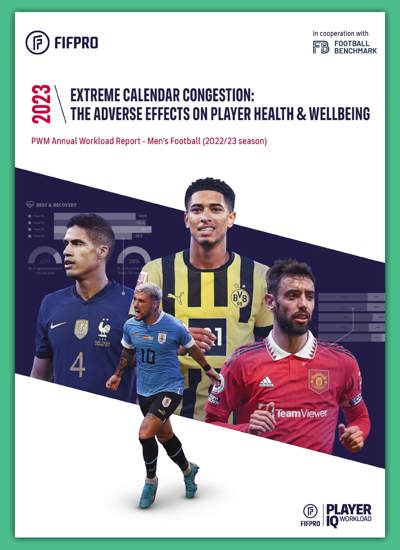
‘Legal route or regulation’
Next season the International Match Calendar is set to become even more congested than before with the introduction of FIFA’s 32-team Club World Cup, coming in June 2025.
Player unions have hinted at taking legal action after repeated failure of competition organisers to act on the cannibalisation of the match calendar, which is impacting players’ physical and mental health.
David Terrier, UNFP Vice-President and FIFPRO Europe President, in February said the French player association is considering taking legal action over changes to football’s international calendar.
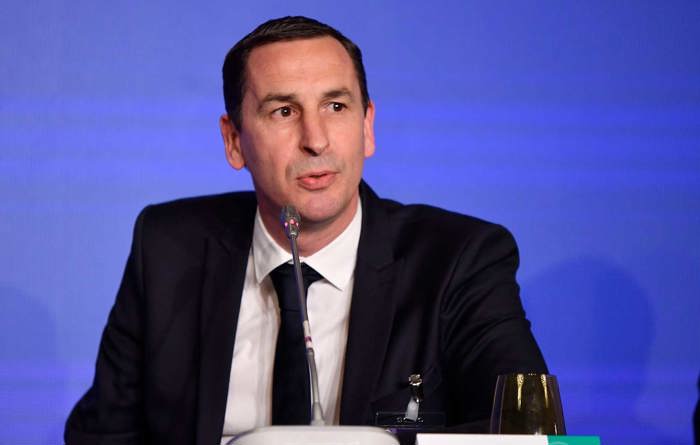
Speaking to the PA news agency, he said: "Faced with the addition of competitions, the drastic increase in injuries, mental fatigue which is hitting more and more players, what other answer can we give than to initiate legal proceedings which will allow us to stop the headlong rush promoted by FIFA in its thirst for competition and – no one is fooled – for money?
"It is necessary that it stops. We are already studying at the UNFP the possibilities offered to us to bring the calendar issue before the courts. We can’t be blamed for not trying to find a solution through dialogue. The international calendar is adrift and it is up to us to bring it back to port as quickly as possible using all means at our disposal."
Speaking this week at the EU Sport Forum, PFA CEO and FIFPRO Europe board member Maheta Molango said: "In the context of football in Europe, our concern is that, unfortunately, we have tried repeatedly to be listened to and no-one cares. So, it comes to a stage where if no one cares, it goes two ways: the legal route or regulation."
